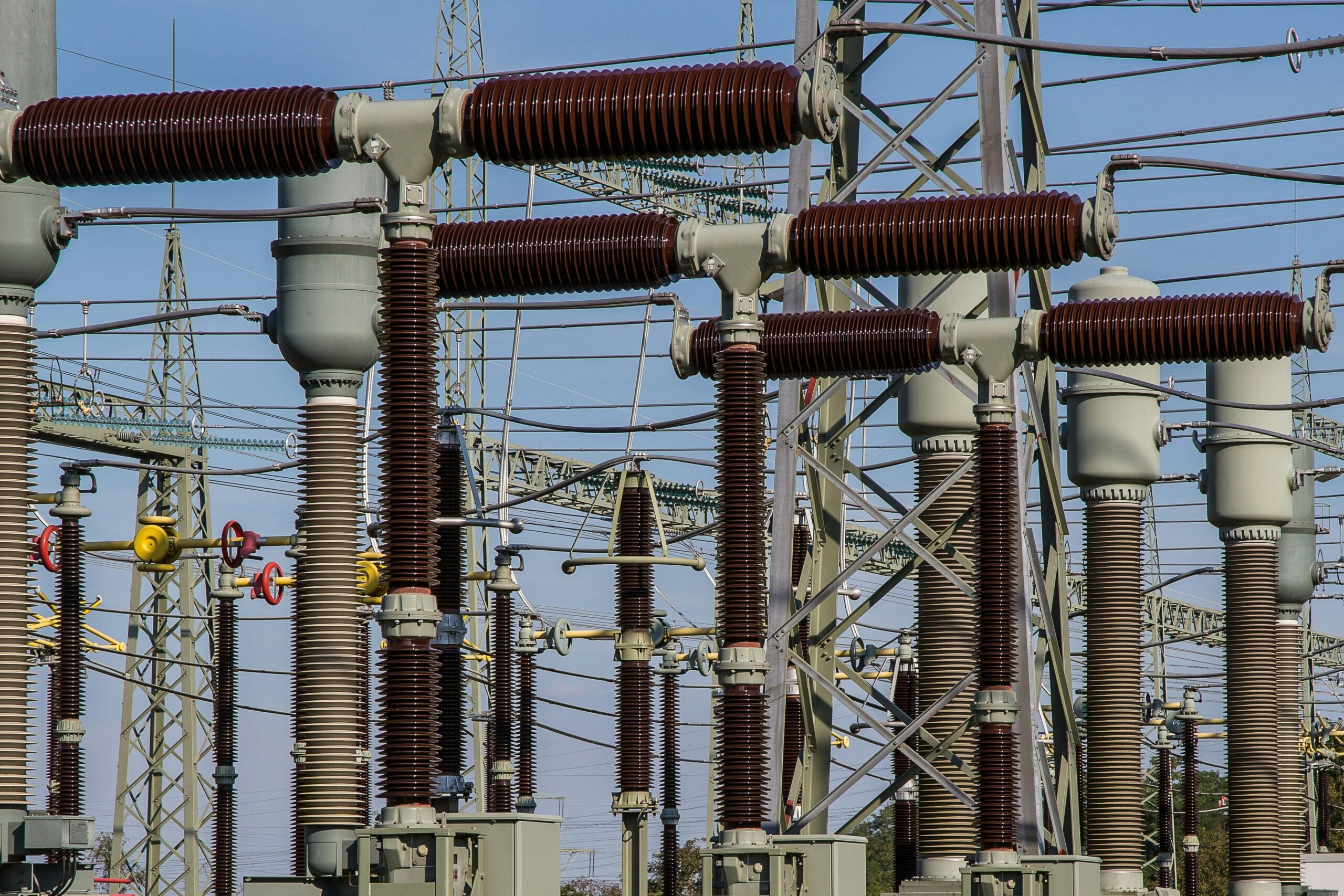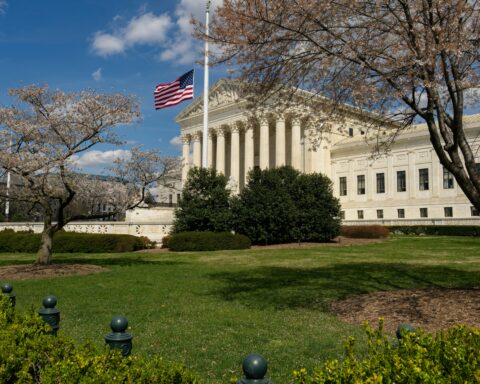Massachusetts is taking steps to expand energy resources and purchase energy storage systems for the future.
The state has unveiled a draft request for proposals (RFP) for the procurement of approximately 1.5 gigawatts (GW) of mid-duration batteries with up to 10 hours of storage capacity. Administered by the state Department of Energy Resources (DOER), eligible applicants may apply for state funding to invigorate the state’s growing energy grid.
The draft RFP comes as state lawmakers approved an expansive energy hardening effort in 2024, which mandates utilities to secure 5,000 megawatts of storage by 2030. The legislation, titled An Act Promoting a Clean Energy Grid, Advancing Equity and Protecting Ratepayers, seeks to boost renewable energy resources and streamline permitting and approval processes that hinder energy projects.
Through the RFP, the state will look to advance its efforts to procure long-term energy storage and fortify the existing grid. Large utility providers, National Grid, Eversource Energy and Unitil, will be responsible for the procurement, as they control the majority of Massachusetts’ energy sources. The three providers will split the energy procurement at about 45%, 54% and 1%, respectively.
The state will pursue projects that range between 40 MW and 1,000 MW, delivering vital energy capacity and storage to providers. The completed storage systems are also expected to maintain power levels during peak system hours, reducing overall costs for residents.
State officials anticipate releasing the full RFP on July 31 and awarding selected applicants in mid-December, according to DOER’s tentative timeline.
The state will continue to advance clean energy and energy storage projects as they align with the governor’s Energy Affordability, Independence & Innovation Act, which seeks to empower DOER to procure new energy sources, drive payers rates down and create a competitive energy economy.
Notably, the state is also making $50 million in funding available for municipalities and providers to install solar infrastructure throughout Massachusetts’ communities. The integration of solar power will work hand in hand with the state’s acquisition of additional batteries and energy storage systems.
Photo by Pixabay from Pexels












